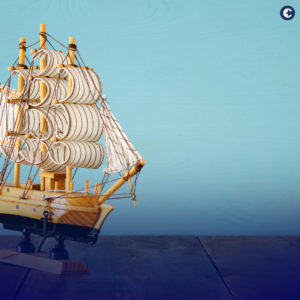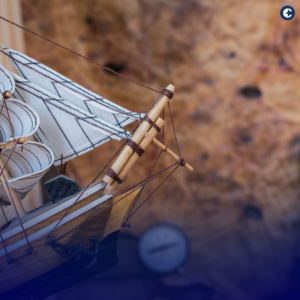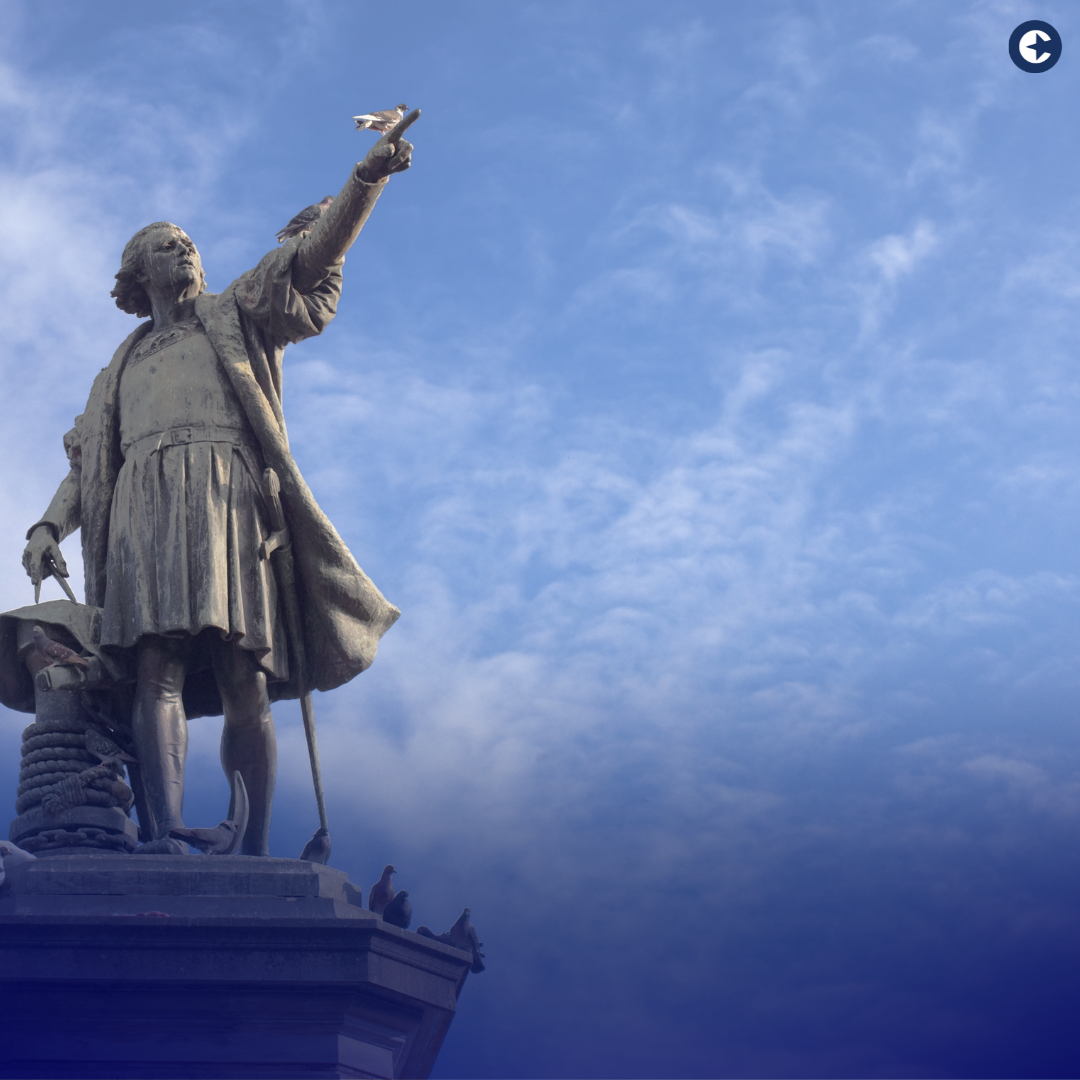October 9th marks the celebration of Columbus Day in many parts of the United States, a day that commemorates Christopher Columbus’s first voyage and landing in the Americas in 1492. Let’s delve into the history, significance, and ongoing conversations surrounding this historical holiday.

The Historical Context
Christopher Columbus, an Italian explorer sponsored by the Spanish Crown, set sail in August 1492 from Spain. His fleet, consisting of three ships – the Santa María, the Pinta, and the Niña – arrived in the New World on October 12th. Initially, Columbus believed he had reached the East Indies, but he had actually landed on islands in the Caribbean.
This voyage paved the way for significant European exploration and conquest of the Americas. Over the next several decades, the Spanish Crown would lay claim to vast territories in the Americas, forever altering the course of history.
Columbus Day Celebrations
Columbus Day has been observed in various ways throughout history. In the United States, President Franklin D. Roosevelt proclaimed it a national holiday in 1937. Today, it’s commemorated with parades, church services, and other events. Many schools teach about the voyages of Columbus and the age of exploration around this time.
However, it’s worth noting that not all states and municipalities recognize Columbus Day. Instead, some have opted to celebrate Indigenous Peoples’ Day as a tribute to Native Americans, the original inhabitants of the lands “discovered” by Columbus.
Ongoing Conversations and Controversies
The observance of Columbus Day is not without its controversies. Over the years, many have pointed out the detrimental impact of Columbus’s voyages on the indigenous peoples of the Americas. The arrival of Europeans resulted in the large-scale loss of native lives due to diseases, warfare, and forced labor.
Because of this dark side of history, there’s been a growing movement to either replace or supplement Columbus Day with Indigenous Peoples’ Day. This alternative seeks to honor the cultures, histories, and contributions of Native Americans and acknowledges the hardships they faced due to European colonization.

In Conclusion
Columbus Day serves as a reminder of a pivotal moment in world history. It’s a day to reflect on exploration, discovery, and the complex tapestry of cultures and narratives that make up the history of the Americas. As we commemorate this day, it’s also crucial to approach it with a holistic perspective, understanding and appreciating the diverse stories that have shaped the world we know today.


